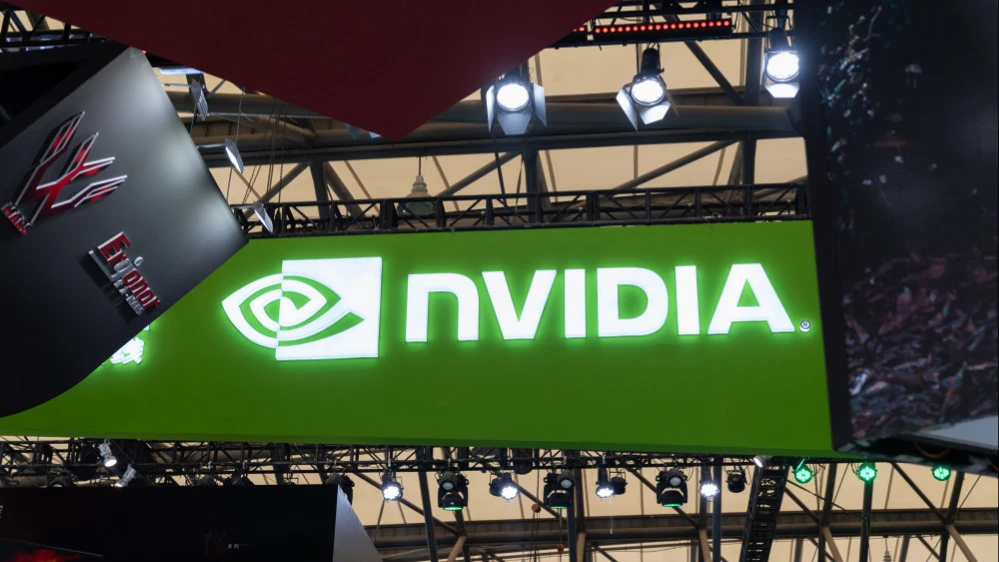Nvidia sticks above $4 trillion, S&P 500 and Nasdaq hit new records: trading results
Trump's new statements on duties on copper and goods from Brazil did not have the same impact on the market as it did in April

The S&P 500 and Nasdaq Composite indices hit new record highs at the close of trading on July 10, as investors continue to ignore the risks associated with the U.S. presidential administration's tariff policy. Nvidia's capitalization consolidated above the $4 trillion mark for the first time, and Tesla announced its intention to expand its robotaxi cities, which lifted its shares nearly 5% for the day.
Details
- The S&P 500 broad market index added 0.27% on Thursday to close at 6,280.46 points, hitting an all-time high. Just days before the unofficial start of the corporate reporting season (big banks will start publishing reports), the airline industry was supported by a positive forecast from Delta Air Lines.
- The Nasdaq Composite index of technology stocks rose 0.1 percent to 20,630.66 points, also hitting a record high. On Wednesday, Nvidia's capitalization exceeded $4 trillion for the first time, but the company didn't hold on to that achievement until the close. It did manage to do so on Thursday, with the stock strengthening 0.75% for the day. Tesla's securities rose 4.7% after the company announced plans to expand unmanned cab rides in Austin, Texas, and launch them in California and Arizona as well.
- The blue-chip index Dow Jones Industrial Average rose 0.43% to end the day at 44,650.64 points.
- The Russell 2000 index of small-cap stocks added 0.5% to close at 2,263.41 points.
- The yield on 10-year U.S. Treasuries rose one basis point to 4.34%, while the yield on 30-year securities remained virtually unchanged at 4.86%.
What influenced the stock
Despite rising global trade tensions, the U.S. stock market continues to break records, having recovered from a sharp drop in the spring, writes CNBC. Markets on Thursday were at the center of conflicting signals: on the one hand - risks related to the implementation of tariff policy and budget strategy, on the other - uncertainty about further actions of the Federal Reserve, write Bloomberg.
However, Donald Trump's series of statements on duties on copper and goods from Brazil did not have the same impact on the market as in April, when he first announced "retaliatory" duties. This time around, investors focused on the fact that the deadline for the duty hikes has been moved to Aug. 1, the agency noted.
What the analysts are saying
Speaking in Dublin, JPMorgan Chase CEO Jamie Dimon warned that markets are underestimating trade risks. He also noted the importance of reaching a U.S.-EU trade agreement, adding that the tariff policy framework "needs to be finalized," writes Bloomberg.
"There is no chance that clarity on duties will emerge by August 1 - which means a rate cut [by the Fed] in July is impossible," accounts Tom Essei of The Sevens Report, quoted by the agency. - The practical consequence of continually postponing tariff policy is a reduced likelihood of policy easing in September, which could keep rates high for longer than expected and increase the risk of an economic slowdown."
"While there will no doubt be many announcements from the White House in the coming weeks, it is unlikely that the Aug. 1 deadline will be the final tariff story," quotes Bloomberg's Daniel Scally, head of Morgan Stanley's market research and wealth strategies unit. He said investors should pay attention to stocks of companies with the potential for positive earnings and cash flow surprises, and consider diversifying into international securities, commodities, energy and hedge funds amid the approaching reporting season.
"It's striking that multiples are higher now than they were at the beginning of the year, despite all the uncertainty around duties. We have a new deadline, but the market has become extremely immune to these swings, and I think there are reasons for that," noted head of research and strategy at Horizon Investment Mike Dixon, as quoted by CNBC.
"As trade negotiations continue, clarity on tariffs will gradually increase," accounts Mark Haefele of UBS Global Wealth Management. - Reduced political uncertainty has historically had a positive impact on the stock market and we expect US trade policy to stabilize in the second half of the year."
This article was AI-translated and verified by a human editor
